The revelation is contained within a Services Australia submission to the federal government’s COVID-19 inquiry.
The Australian government has paid out more than $16.9 million (US$11.1 million) of vaccine injury claims since the COVID-19 pandemic.
The revelation is contained within a Services Australia submission to the federal government’s COVID-19 inquiry.
“As at Nov. 29, 2023, 3,987 claims had been received. 238 claims have been paid to the value of over $16.9 million,” the submission states (pdf). This equates to nearly 6 percent of all claims.
The COVID-19 vaccine claims scheme, confirmed in August 2021, enables individuals to claim losses above $1,000 in relation to “moderate to severe adverse reactions to COVID-19 vaccines.”
It covers vaccines approved by the Therapeutic Goods Administration (TGA), including AstraZeneca, Pfizer, Moderna, and Novavax COVID-19 vaccines.
Services Australia administers the scheme on behalf of the Department of Health and Aged Care.
On April 3, 2023, the Health and Aged Care department updated the policy to include more claimable conditions, based on advice from the TGA.
Those claiming, need to meet the definition of harm, be admitted to hospital as an inpatient, or have a waiver if seen in outpatient care, and incurred losses or expenses of $1,000 or more due to the COVID-19 vaccine.
Conditions covered include anaphylactic reaction, erythema multiforme (major), myocarditis, pericarditis, thrombosis with thrombocytopenia syndrome, and more.
Shoulder injuries from the vaccine, or other moderate to significant physical injuries that caused permanent impairment or need an extended period of medical treatment are also included.
“In both cases, the injuries must have been sustained during the physical act of being given the vaccine. You must also have been admitted to hospital as an in-patient,” Services Australia explains.
“Presenting to an emergency department is not recognised as being admitted to hospital.”
Home Affairs Referred 4,700 Social Media Posts Over Misinformation
Overall, more than 2,000 submissions were received as part of the federal government’s COVID-19 Response Inquiry.
In a submission from the Australian Department of Home Affairs, it was revealed that thousands of social media posts were referred to digital industry over “harmful misinformation and disinformation” about COVID-19 and COVID-19 vaccines.
“Between March 16, 2020, and May 19, 2023, 4,726 social media posts were referred to digital industry for review against their content policies and terms of service, of these, 3,098 were actioned by the relevant social media company with content removed or its distribution reduced,” Home Affairs said in its submission on COVID-19 misinformation and disinformation (pdf).
The contract supporting COVID-19 misinformation and disinformation referrals expired on June 30, 2023, and was not renewed.
The Australian government provided $62.8 million (US$41.3 million) over five years to strengthen Australia’s social cohesion and community resilience in the COVID-19 recovery period as part of the 2020 and 2021 budget.
Quarantined Couple Felt ‘Demonised’
Meanwhile, a couple who were stranded in the UK when COVID-19 hit and forced into quarantine on return to Australia claimed they were “treated as criminals and demonised” in a submission to the inquiry.
When Ken Bairstow and his wife arrived at Perth Airport in June 2020, they claim their negative COVID-19 test results were “dismissed as unimportant.”
In addition, the home address provided on the Western Australian G2G pass that was required for entry to the state was dismissed.
“We were forced into hotel quarantine for 14 days. We had to have two COVID tests in that period and were denied the results. We were negative,” the returning Australian citizens said (pdf).
“The room was unclean. We had no opening windows or access to fresh air. We had no change of linen for 14 days. Family supplied us with food. We were treated as criminals and demonised.”
In addition, airline Qantas submitted as part of its response that the COVID-19 response later in the pandemic was in many cases “disproportionate to the risk.”
However, early in the pandemic the airline says containment measurers were appropriate since little was known about the virus and no approved vaccine was available.
“As subsequent COVID-19 variants weakened, public sentiment shifted and COVID-19 vaccination rates increased later in the pandemic, applying the same containment measures resulted in new unintended consequences and in many cases, was disproportionate to the risk,” Qantas said (pdf).
What Is the COVID-19 Inquiry?
The COVID-19 inquiry was announced by Prime Minister Anthony Albanese on Sept. 21, 2023.
The inquiry is chaired by Robyn Kruk, former New South Wales health secretary, and includes panel members professor Catherine Burnett, an expert in infectious diseases, and Angela Jackson, a health economist.
The panel has been “overwhelmed” by the openness and willingness of the more than 2,000 people and organisations who have taken the time to share their insights and experiences.
“There was a common theme in the submissions of wanting to capture the lessons learned, before they were lost to the passage of time. Four years on since the start of the pandemic, as a panel, we share that sense of importance and urgency to better prepare for a future event,” the panel said.
Submissions were published on March 27 with agreement from the author, the inquiry panel noted.

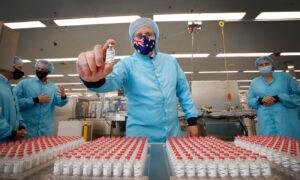
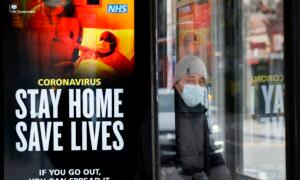
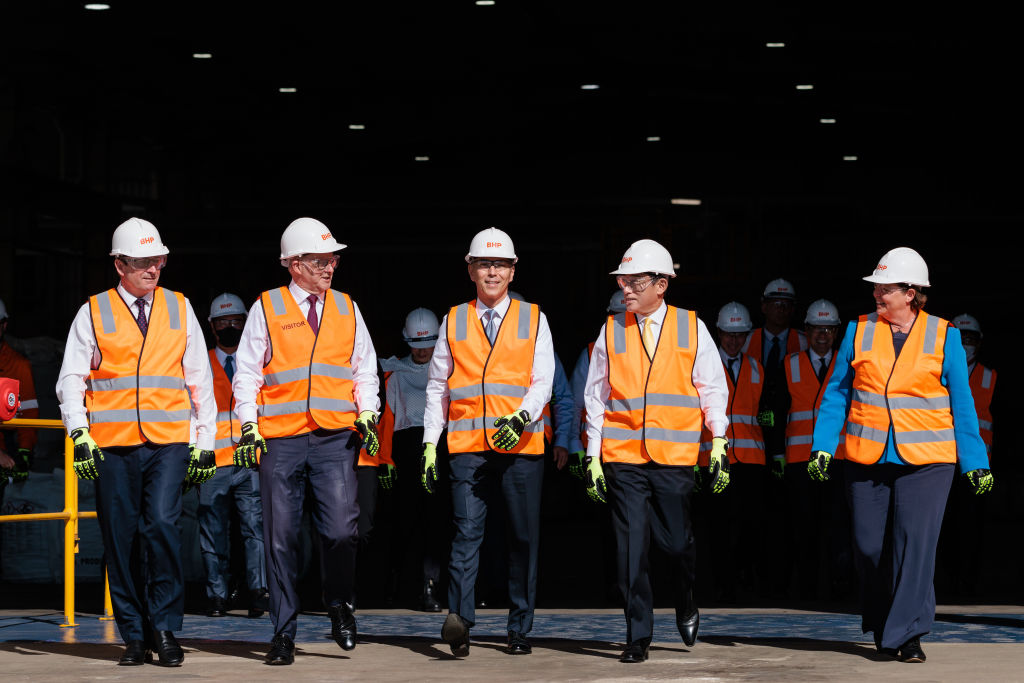
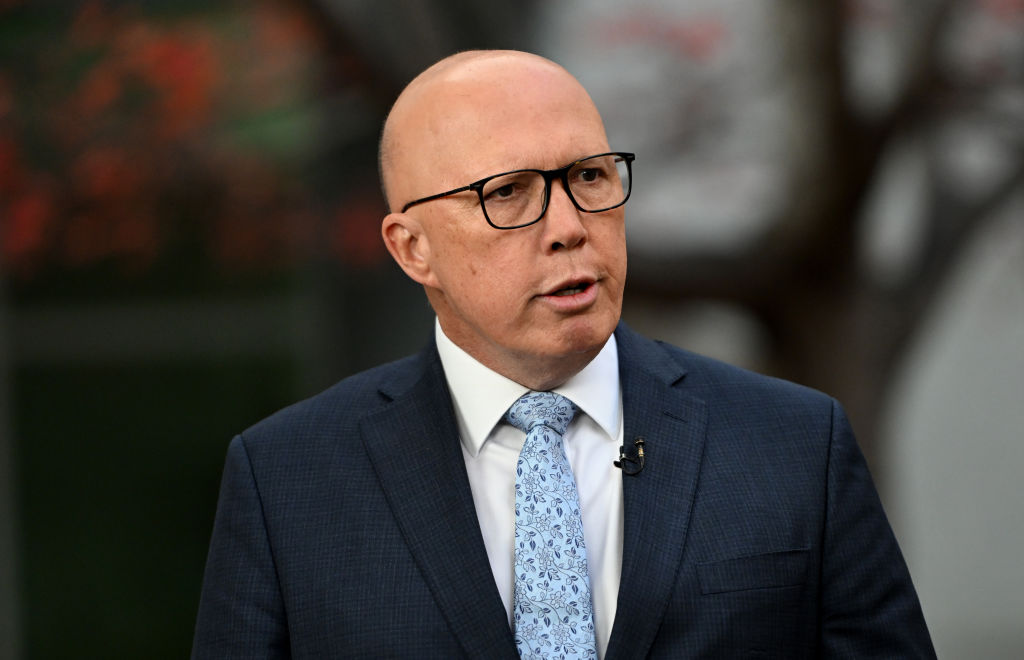
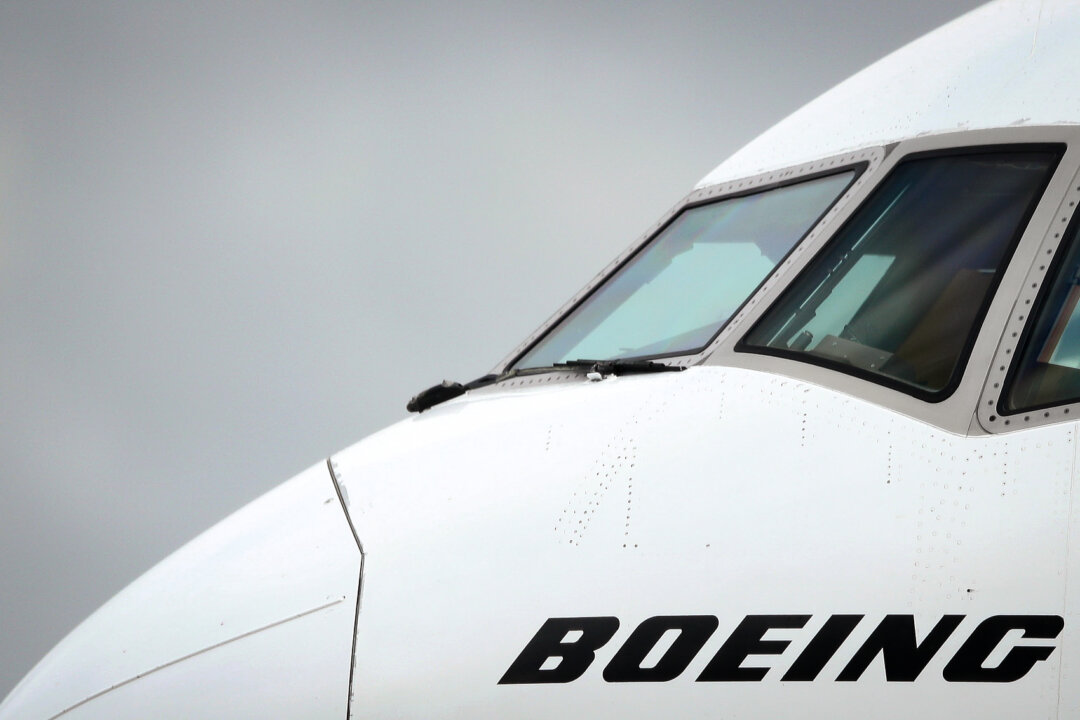
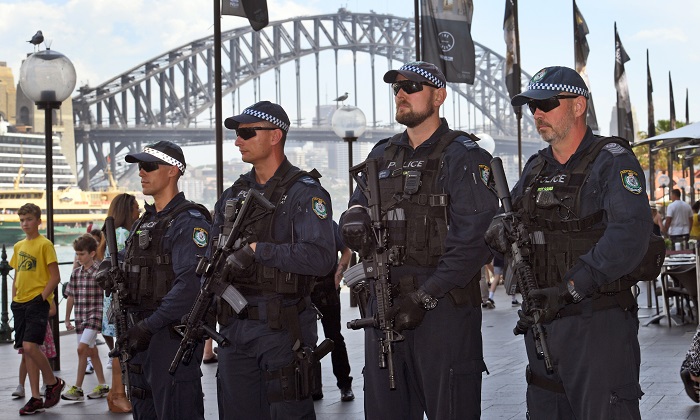







 English (US) ·
English (US) ·  Turkish (TR) ·
Turkish (TR) ·